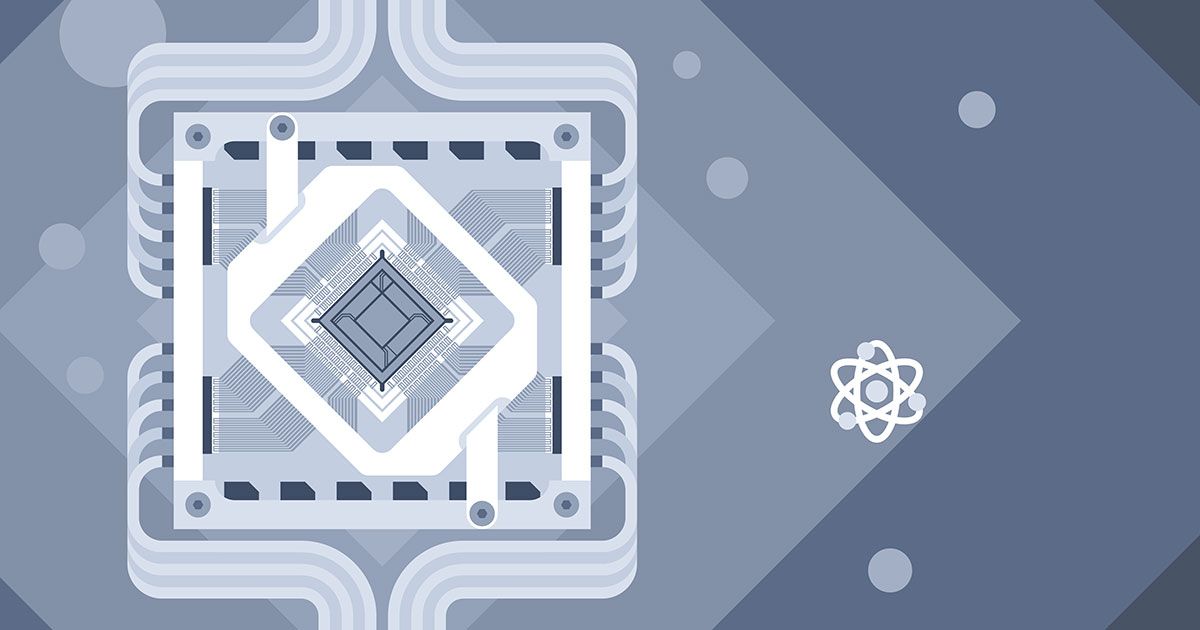The U.S. National Academies Reports on the Prospects for Quantum Computing

In November, IEEE Spectrum published an expert-written feature titled, “The Case Against Quantum Computing.” In it, the author, Mikhail Dyakonov, defended his view that practical general-purpose quantum computers would not be built anytime in the foreseeable future. As you might expect at this time of great enthusiasm for quantum computing, the article ruffled more than a few feathers.
That committee released its 205-page report to the public yesterday, and experts from the committee conducted a webinar about it for reporters earlier in the day. Having edited “The Case Against Quantum Computing,” I was very much interested to find out what the group had concluded. Yet to their credit, the committee members did not sugar coat their assessment of the difficulties that they and other researchers face in their efforts to design and build practical, general-purpose quantum computers.
Quite the opposite. Indeed, as I read through various parts of the report, I repeatedly found justification for Dyakonov’s skepticism about the prospects for quantum computing. This stands in contrast to the rosy picture of the field you’ll find in much of the popular press—one in which quantum computers that can do all sorts of wonderful things are said to be maybe 5 or 10 years away.
If “The Case Against Quantum Computing” didn’t disabuse you of that notion, the new NAS report should. In it, the committee highlights as a “key finding” that: Given the current state of quantum computing and recent rates of progress, it is highly unexpected that a quantum computer that can compromise RSA 2048 or comparable discrete logarithm- based public key cryptosystems will be built within the next decade.
Source: ieee.org